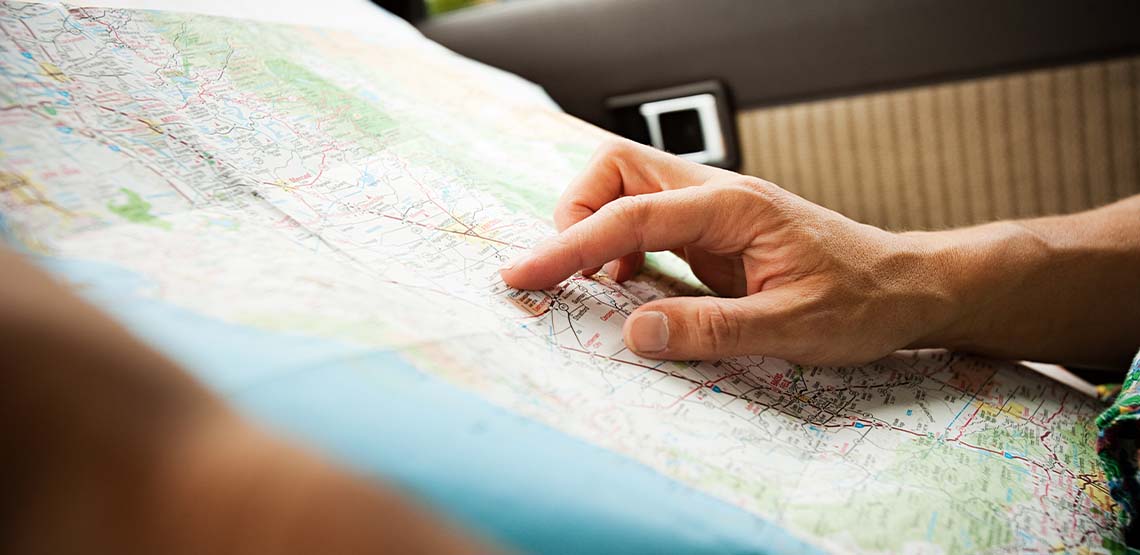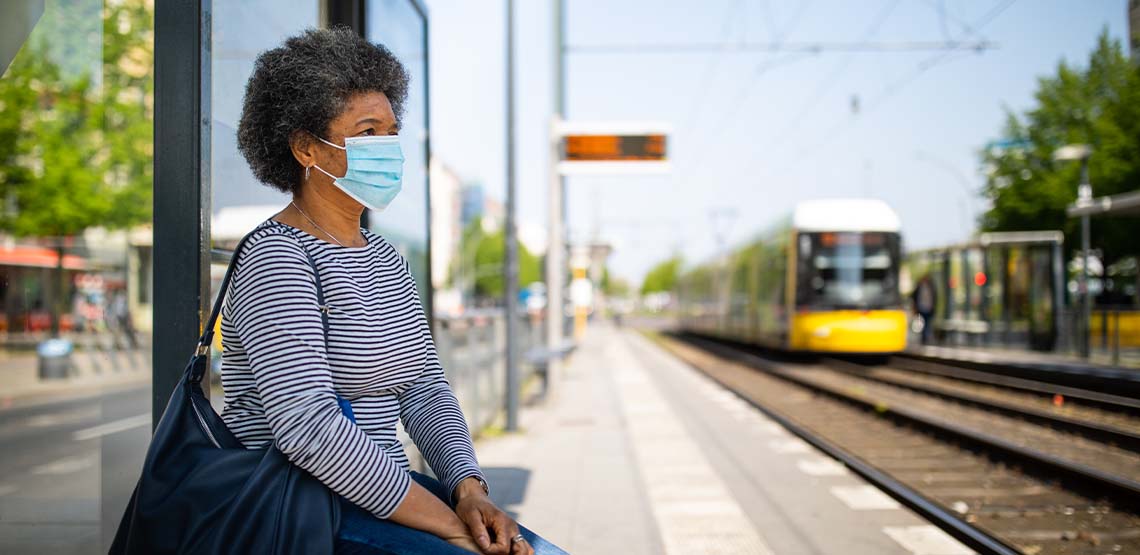U.S. Travel and COVID-19: What Are the Restrictions?
Local Travel in USA During COVID-19
The COVID-19 pandemic is one of the most disruptive events of our generation and has affected life for nearly everyone in the world. Widespread shutdowns and shelter-in-place orders have been given across the U.S. in an attempt to slow down the spread of the virus and flatten the curve. As of July 2020, U.S. passport holders are banned from visiting any country in the European Union, so there will be no traveling to Europe for Americans this summer. So, what is local travel in USA like now?
Well, staycations are still an option. American residents still have the ability to travel within the U.S. So, if you cannot wait any longer for your next getaway, you might consider traveling locally. Of course, even if you are sticking with local travel in USA, it is essential to be aware of restrictions and safety guidelines for the area you want to visit.
Can American Residents Travel in the U.S.?
Yes, American residents are permitted to travel within the U.S. However, just because you can does not always mean you should. It’s important to make a few considerations before you travel somewhere new.
For example, if you live with someone who is older or has a serious medical condition, you could be putting them at risk by traveling outside of your home. You may contract the virus while you are traveling. Even if you do not have any symptoms, you may be spreading it when you return home without knowing. Be sure to think carefully about traveling during the pandemic – even if it is local travel in USA.
Research Before You Travel – What Are the Restrictions?
Traveling during the COVID-19 pandemic requires a bit more care than usual, so you should take the time to do your research before you set off on your trip. You need to make sure you are prepared. There will almost certainly be important restrictions and regulations you need to know about before you hit the road.
For example, whenever you travel outside of your area, you should check the Centers for Disease Control and Prevention (CDC) website to see if there is an outbreak in the area you are traveling to. You can see an up-to-date map of outbreaks here on the CDC website. If you see that an area you plan to visit is experiencing a serious outbreak, you should postpone your visit or choose another destination.
You should also take a look at the stay-at-home guidelines for that particular state, as they may be different than your home state. There may also be restrictions on out-of-state visitors, or a 14-day, self-quarantine required after you enter the state.
RV travel has gained popularity recently. From types of RVs, to how to purchase one, here's all you need to know to prepare for an RV vacation.
Before your trip, you should check the local government website to learn more about the additional rules that are applied for that particular state. In addition, the state travel and tourism office can be a great place to find information about the state you are traveling through, such as availability of hotels and regulations for campgrounds, beaches and parks.
How to Protect Yourself During Bus and Train Travel
What should you keep in mind to stay safe and healthy when traveling via bus or train? Here are some tips:
- Carry a small bottle of hand sanitizer (at least 60% alcohol) and use it regularly.
- Avoid touching your eyes, nose and mouth with unwashed hands.
- If you cough or sneeze, catch it with the inside of your elbow.
- Try to stay at least 6 feet away from others who are not in your household, such as when you are choosing seats or waiting at the station.
- Wear a face mask at all times when in transit.
- Avoid touching surfaces as much as possible, such as handrails, elevator buttons and benches.
- If possible, plan to travel during non-peak hours when there are likely to be fewer people.
Your Plans May Need to Change at the Last Minute
When planning any sort of travel during the coronavirus pandemic, be aware that the pandemic is a rapidly evolving situation and the regulations of the CDC are updated frequently.
So, you may plan out a trip only to find out that an outbreak has happened in your destination, or that lockdown restrictions have been tightened. It’s important to stay flexible in your travel plans, so you can adjust if you need to.
Since the situation changes monthly and is difficult to predict, consider booking trips for the near future rather than planning anything too far in advance. That way, there is a smaller chance that the regulations will have changed during your time of booking and the beginning of your trip.









